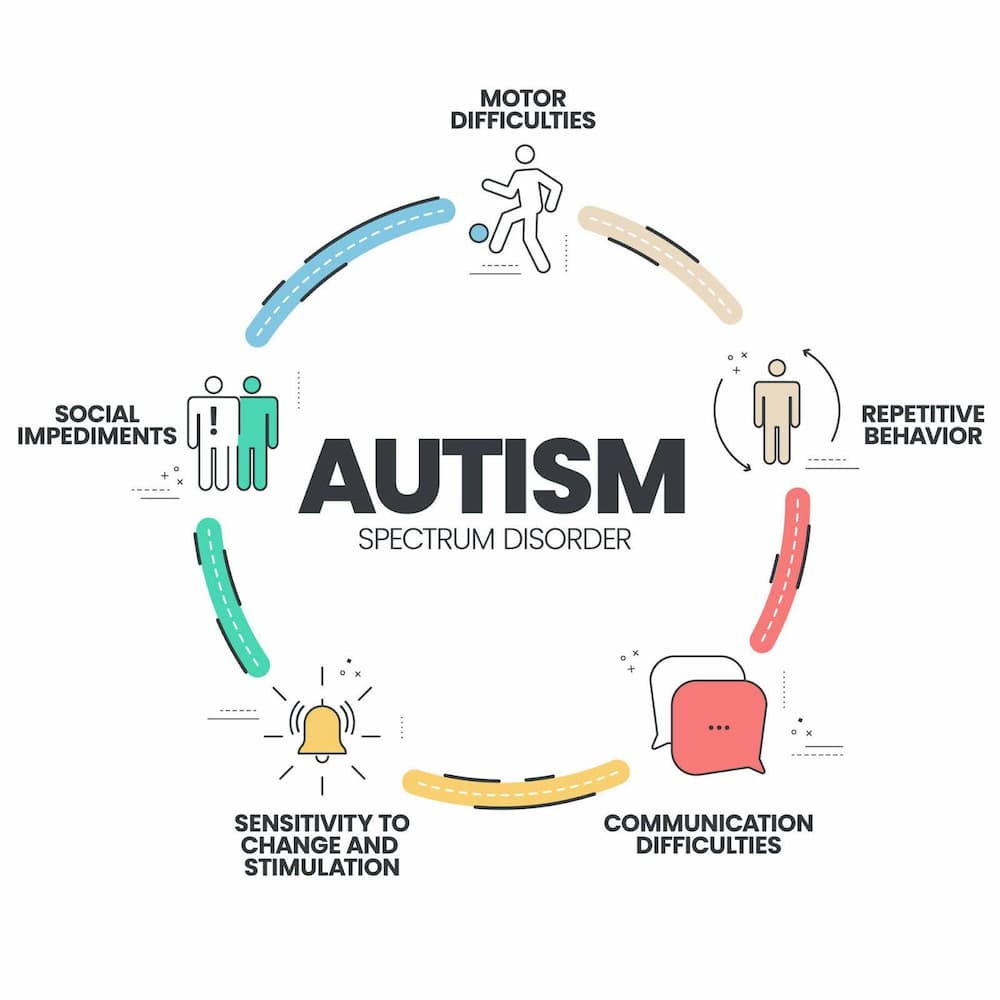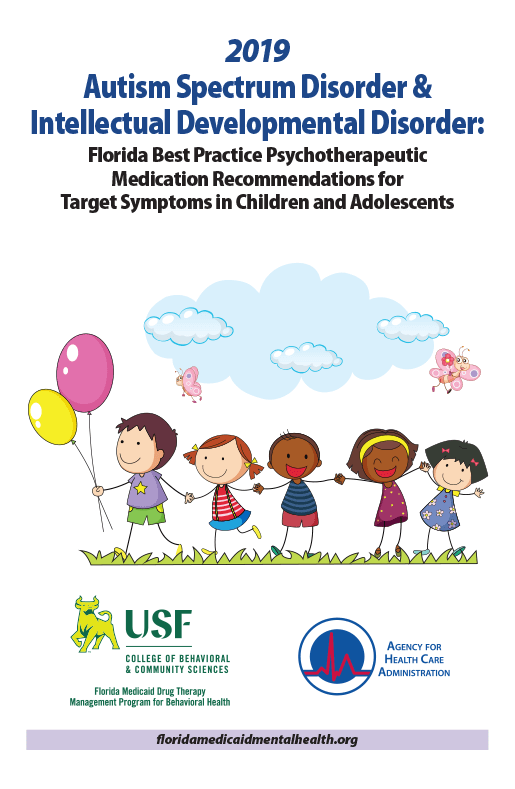How an Autism Therapist can transform your day-to-day structure for those living with autism
How an Autism Therapist can transform your day-to-day structure for those living with autism
Blog Article
Comprehending the Influence of Behavioral Autism on Life and Social Communications
You could not understand exactly how deeply behavioral autism affects day-to-day life and social interactions. Individuals on the range commonly navigate a globe filled up with interaction difficulties and sensory overload. These obstacles can lead to stress and seclusion, affecting their relationships and general wellness.
Defining Behavior Autism and Its Qualities
Behavioral autism, frequently described as autism range condition (ASD), includes a variety of problems identified by difficulties in social communication, communication, and repeated behaviors. You could discover that people with ASD commonly struggle to interpret social signs, which can lead to misconceptions in conversations. They might find it hard to establish eye get in touch with or engage in small talk, making social circumstances feel overwhelming.
Communication difficulties can manifest in various ways, from delayed speech development to a preference for making use of fewer words. By acknowledging these traits, you can cultivate an environment that advertises approval and urges reliable communication, helping individuals with autism thrive in their everyday communications.
The Spectrum of Autism: Recognizing Variability in Habits
Autism range condition (ASD) isn't a one-size-fits-all diagnosis; it differs commonly amongst individuals. You might experience individuals who are extremely verbal and engage easily in discussions, while others might prefer solitary activities or interact non-verbally.
Moreover, the way individuals with ASD react to sensory input can vary substantially; some could be bewildered by intense lights or loud noises, whereas others grow in promoting settings. The spectrum likewise includes distinctions in social interactions; some people may have a hard time to analyze social hints, while others browse social settings with relative ease. Comprehending this irregularity is necessary, as it helps you appreciate everyone's unique experience and dressmaker support to their particular requirements, cultivating an extra comprehensive environment for every person.
Interaction Difficulties Encountered by Individuals With Autism
When you engage with people on the autism range, you may discover their special interaction challenges. They commonly face difficulties with both nonverbal and spoken signs, which can impact their social interactions. Recognizing these barriers is crucial for promoting far better connections and support.

Verbal Communication Problems
Lots of people on the autism range experience spoken interaction difficulties that can considerably affect their day-to-day interactions. You may discover it challenging to reveal your ideas, feelings, or needs clearly. This can cause disappointment for both you and those around you, as misunderstandings happen. You may have a hard time with starting conversations, preserving a topic, or understanding nuances in speech. Frequently, you may like utilizing basic language or repeated phrases, which can limit your ability to participate in deeper conversations. Your tone, rate, or volume might not align with social assumptions, creating others to misinterpret your intentions. Acknowledging these difficulties can help you and your assistance network create methods to boost interaction and promote much better connections with others in your day-to-day live.
Nonverbal Communication Barriers
Spoken communication isn't the only difficulty individuals on the autism spectrum face; nonverbal communication obstacles can be simply as considerable. You might discover it difficult to analyze body language, facial expressions, and eye call, which are necessary for effective communication. These obstacles can result in misconceptions or misconceptions of social signs, making interactions feel frustrating or confusing. You may have a hard time to express your own feelings through nonverbal ways, leaving others uncertain of your purposes or sensations. This disconnect can create feelings of seclusion and stress. Identifying these obstacles is vital for cultivating understanding and empathy in your interactions. By addressing nonverbal interaction, you can find methods to boost your social experiences and enhance your overall lifestyle.
Social Communication Effects
Social interactions can typically really feel overwhelming due to the distinct interaction obstacles encountered by individuals with autism. Recognizing these difficulties can aid you discover techniques to enhance communication, like it such as exercising social skills in secure setups or using aesthetic aids. Understanding your needs permits you to browse social communications with greater self-confidence and convenience.
Social Communication and Relationship Structure in Autism
While building connections can be challenging for individuals with autism, comprehending their one-of-a-kind viewpoints and interaction designs can promote significant connections. You could view discover that several people on the spectrum favor straight interaction and might deal with social signs or tiny talk. By being simple in your interactions, you can assist create an atmosphere where they feel comfy.
Take the time to listen and observe exactly how they express themselves. This understanding can assist you in guiding conversations more efficiently. Involving in shared interests can likewise serve as a bridge to much deeper connections. Whether it's a leisure activity, a favored program, or a shared passion, these common threads can open up doors to relationship.
Daily Life Routine: Browsing Difficulties and Strategies
Steering day-to-day life routines can be specifically testing for individuals with autism, particularly when unanticipated changes occur. To navigate these obstacles, think about carrying out visual schedules or checklists.
Developing a regimen that includes sensory breaks can additionally be valuable. You can intend time-outs throughout your day to reenergize. It's necessary to connect with those around you, allowing them understand your preferences and needs. This assists produce an understanding environment.
Lastly, method mindfulness techniques to take care of tension and stress and anxiety. Basic breathing exercises or basing techniques can make a substantial distinction. By including these methods, you can improve your daily routine and reduce disruptions, making life feel more convenient.
Strengths and Capabilities of People on the Autism Range
Understanding everyday life routines is simply one aspect of the autism experience. Numerous people on the autism spectrum possess remarkable toughness and capacities that set them apart. You might discover that your focus to detail is phenomenal, allowing you to master jobs that need accuracy and emphasis. Your capacity to think outside package can bring about ingenious remedies in different situations.
Moreover, your memory skills usually beam, specifically in locations of interest. Aba Therapist. This knack for maintaining information can make you a beneficial resource in fields like art, modern technology, or science. You may additionally exhibit solid visual reasoning, enabling you to picture intricate ideas click this link and address issues creatively
In addition, your one-of-a-kind viewpoint on the world can foster compassion and understanding in others, enriching social interactions. Welcoming these toughness not only boosts your confidence but additionally helps others value the diverse talents you give the table.
Developing Inclusive Settings for Individuals With Autism
Developing comprehensive settings for individuals with autism begins with creating sensory-friendly spaces that provide to their one-of-a-kind demands. You can additionally promote chances for social communication, assisting to construct friendships and connections. By making these changes, you'll contribute to an extra welcoming ambience for everyone.
Creating Sensory-Friendly Spaces
While creating sensory-friendly areas, it's essential to show on the one-of-a-kind requirements of people with autism. Include quiet zones where individuals can charge and pull back when bewildered. Include aesthetic timetables or clear signs to aid individuals browse the room with confidence.
Promoting Social Communication Opportunities
Creating sensory-friendly spaces not just addresses specific convenience however also sets the stage for meaningful social communications amongst people with autism. To promote these communications, produce inclusive settings that invite participation. Arrange organized activities, like art courses or team games, that encourage partnership without overwhelming sensory input. Use aesthetic aids and clear interaction to aid everyone engage conveniently. Encourage peer mentoring, matching people with autism with helpful peers who can guide them through social situations. Additionally, take into consideration organizing normal community occasions that celebrate neurodiversity, cultivating acceptance and understanding amongst all participants. By applying these methods, you can improve social possibilities, assisting individuals with autism build relationships and strengthen their social abilities in a safe, inviting environment.

Frequently Asked Questions
Exactly How Can Buddies Support Somebody With Behavioral Autism?
You can sustain a friend with behavioral autism by holding your horses, paying attention proactively, and valuing their borders. Involve in tasks they enjoy, interact honestly, and create a comfortable setting where they really feel valued and understood.
What Resources Are Readily Available for Moms And Dads of Children With Autism?
You can discover various sources for parents of kids with autism, consisting of assistance teams, instructional websites, and neighborhood social work. Attaching with various other parents can also give beneficial understandings and shared experiences to assist browse obstacles.
Can Behavioral Autism Modification Gradually?

Yes, behavior autism can change gradually. You might see shifts in interaction, social skills, and actions as your child expands. Early intervention and support frequently play vital duties in these developmental modifications.
How Do Sensory Sensitivities Influence Day-to-day Live?
Sensory sensitivities can make daily experiences frustrating. You might fight with bright lights or loud noises, leading to anxiety or evasion. Locating environments that accommodate your needs can considerably enhance your convenience and total daily life.
What Prevail Misconceptions About Behavioral Autism?
You could think behavioral autism only influences communication skills, yet it's even more facility. Several assume individuals lack compassion or intelligence, which isn't true. Understanding these misconceptions helps foster acceptance and assistance for those on the range.
Behavior autism, frequently referred to as autism spectrum condition (ASD), includes a variety of problems identified by obstacles in social interaction, communication, and repeated habits.Social communications can often feel frustrating due to the distinct interaction challenges encountered by individuals with autism.Designing sensory-friendly rooms not just addresses specific convenience yet additionally establishes the stage for meaningful social communications amongst people with autism. Encourage peer mentoring, pairing people with autism with encouraging peers who can lead them through social situations. By applying these techniques, you can enhance social possibilities, aiding individuals with autism build relationships and strengthen their social abilities in a risk-free, welcoming setting.
Report this page